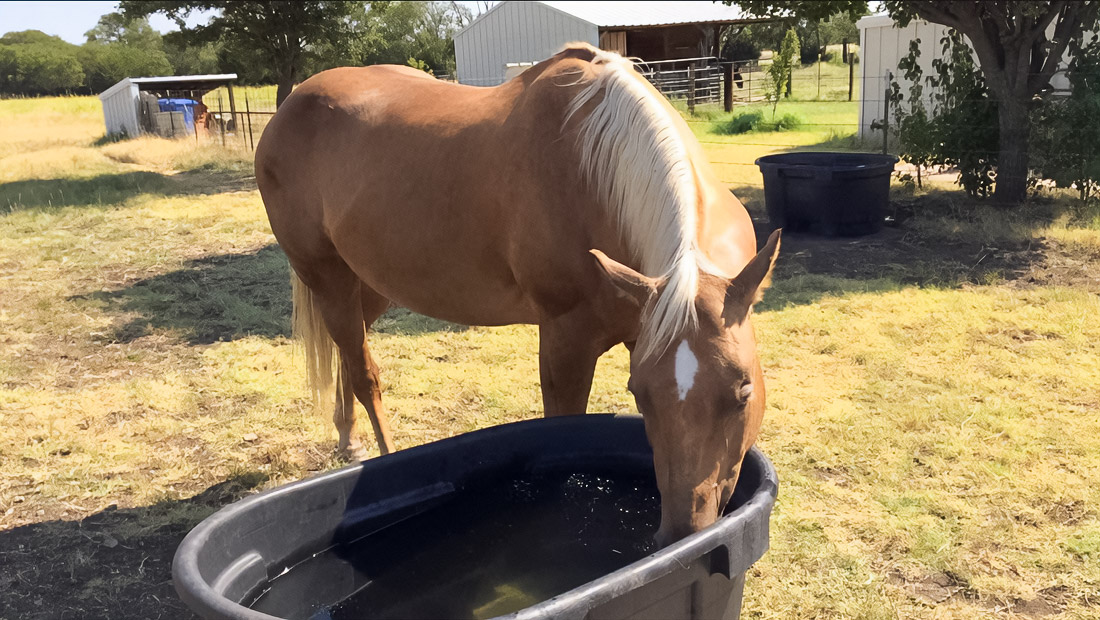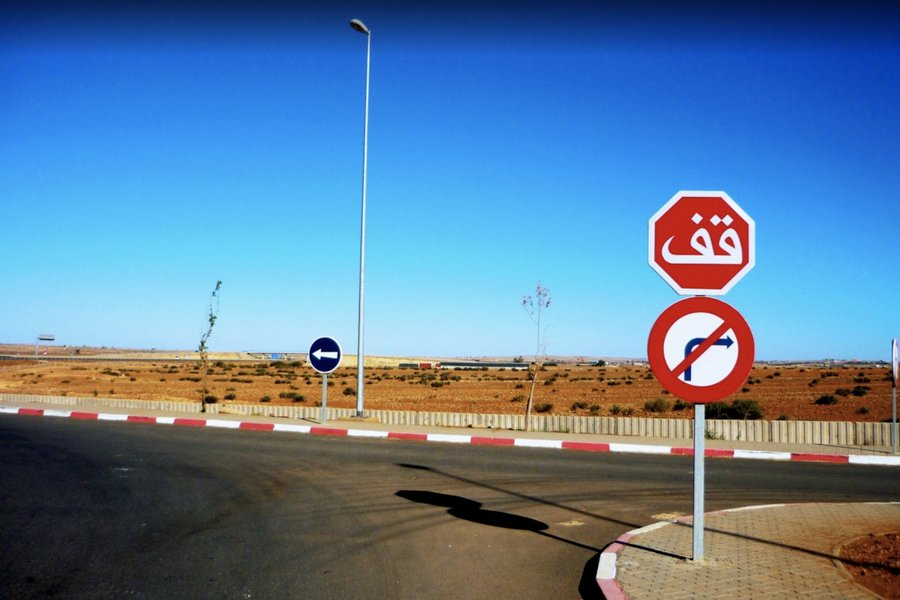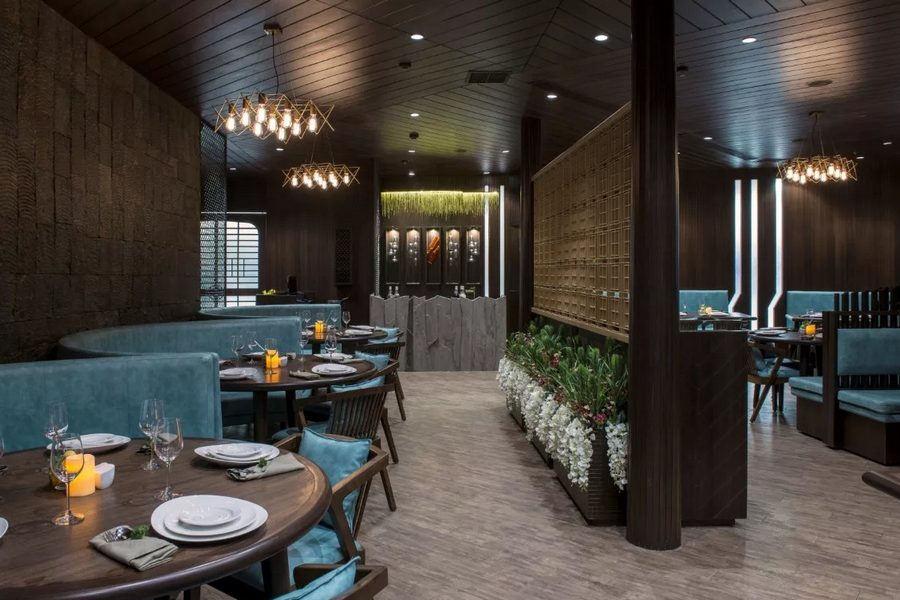In conditions of rapid economic growth and trade, Dubai has become a global hub for the import and export of all kinds of goods. Special attention is paid to natural horse feed, noticeably increased in exports over the last decades. Proper fulfillment of regulatory requirements has become a cornerstone not only for ensuring the health of animals but also for maintaining the stable quality of goods in the market. All this emphasizes the necessity of close consideration of existing laws and regulations, as well as the creation of a precedent of compliance with rules.
MANDATORY STANDARDS: What Regulates Import of Feeds in Dubai
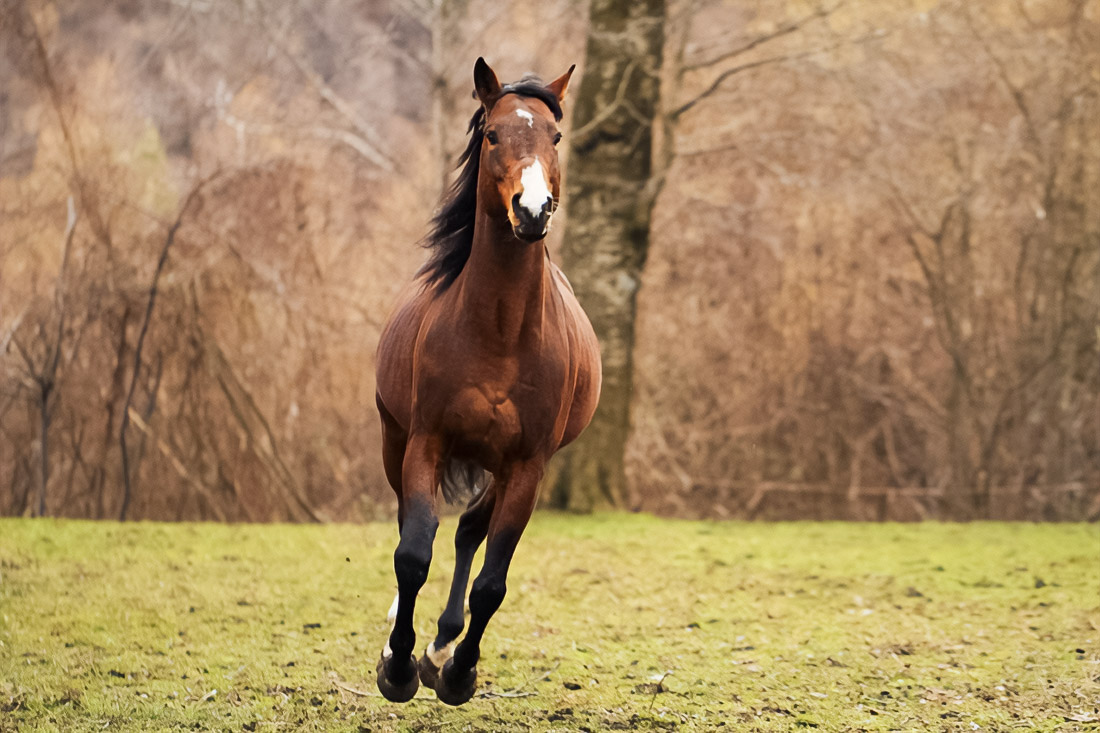
Laws as Basis of Regulation
Import of feeds for horses is clearly regulated within several key legislative acts. These acts are aimed at ensuring safety, which is overseen by Ministry of Climate and Environment UAE. Examples of important legislative documents include:
- Federal law No. 10 from 2015. It covers all aspects, from import to local production of feeds, ensuring the safety of the entire food chain.
- Ministerial decrees. They define specific requirements for the quality of feeds, including restrictions on the content of harmful substances.
Main Regulatory Bodies and Their Role
- Federal Agency for Standards and Metrology UAE (ESMA): responsible for standardization of safety and quality in country.
- Local health authorities and veterinary services: ensure control and verification of compliance with sanitary norms.
STRICT PROCEDURES: How to Ensure Successful Import

Necessary Licenses and Certificates
- Import license: Issued by Ministry of Climate and Environment to confirm right to import feeds.
- Certificates of conformity: Evidence that product complies with ISO and other international standards.
- Veterinary certificates: Confirm safety of product for animals.
Quality Control as Guarantee of Safety
Each batch of feeds undergoes a series of checks:
- Thorough laboratory tests on contents reveal dangerous substances and microorganisms.
- Assessment for compliance with both international and national quality standards.
- Full verification of all accompanying documents and certificates on the product.
SERIOUS CONSEQUENCES: Price for Non-compliance with Norms
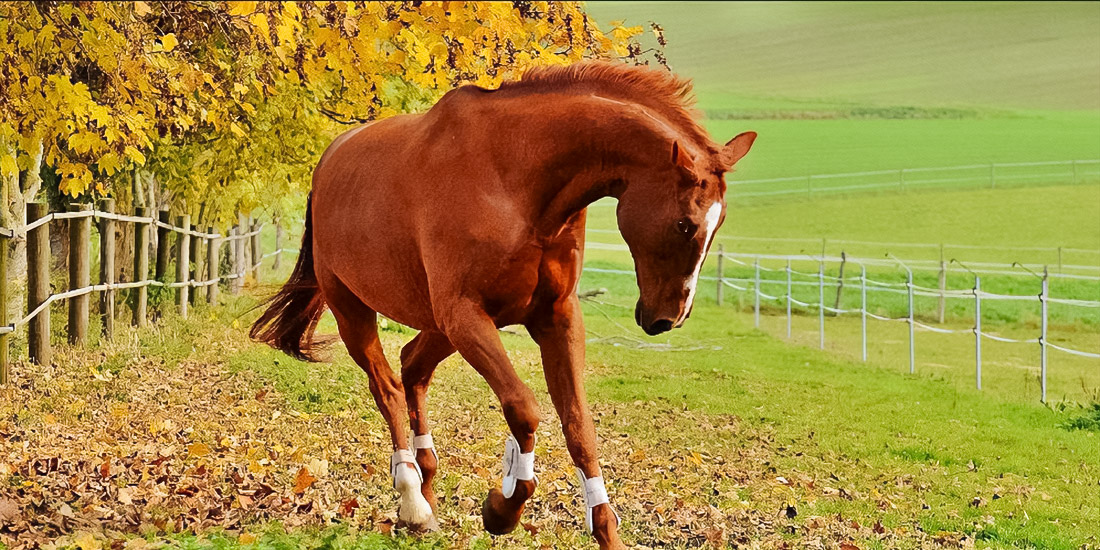
Fines and Restrictions
Violation of law can lead to various sanctions:
- Fines: Size of which varies depending on extent of violation.
- Ban on import: Temporary or permanent bans may be imposed on importers of products.
- Legal consequences: Up to criminal liability for significant violations.
Cases from Practice
In 2022, a well-known importing company was temporarily deprived of the right to import due to non-compliance with sanitary norms. Only after carrying out all corrective measures and repeated checks did the company manage to resume its activity.
CRITICAL NECESSITY: Compliance with Safety and Quality Standards
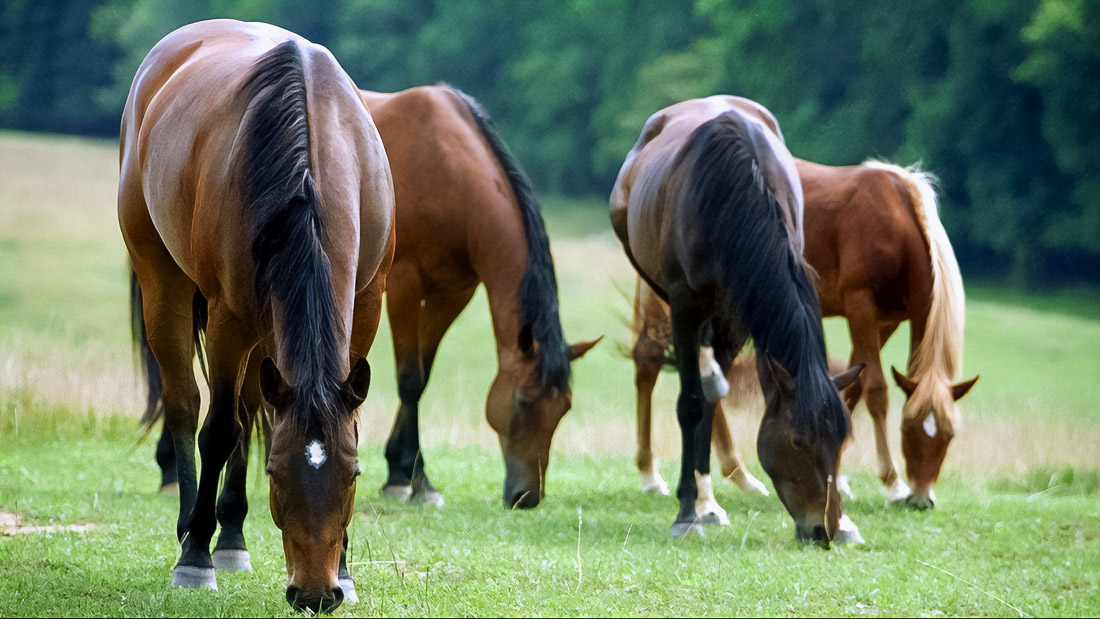
Maintenance of safety and quality standards is critically important for the health of animals and the reduction of risks. Poor quality feeds can become a source of serious diseases, such as aflatoxicosis, which can independently or indirectly lead to the deterioration of horses’ well-being.
Impact of Defective Feeds
Mycotoxins in feeds — a common cause of the development of severe diseases in animals, which can lead to a decrease in their productivity and even lethal outcomes.
RECOMMENDATIONS: How to Strengthen Import Process
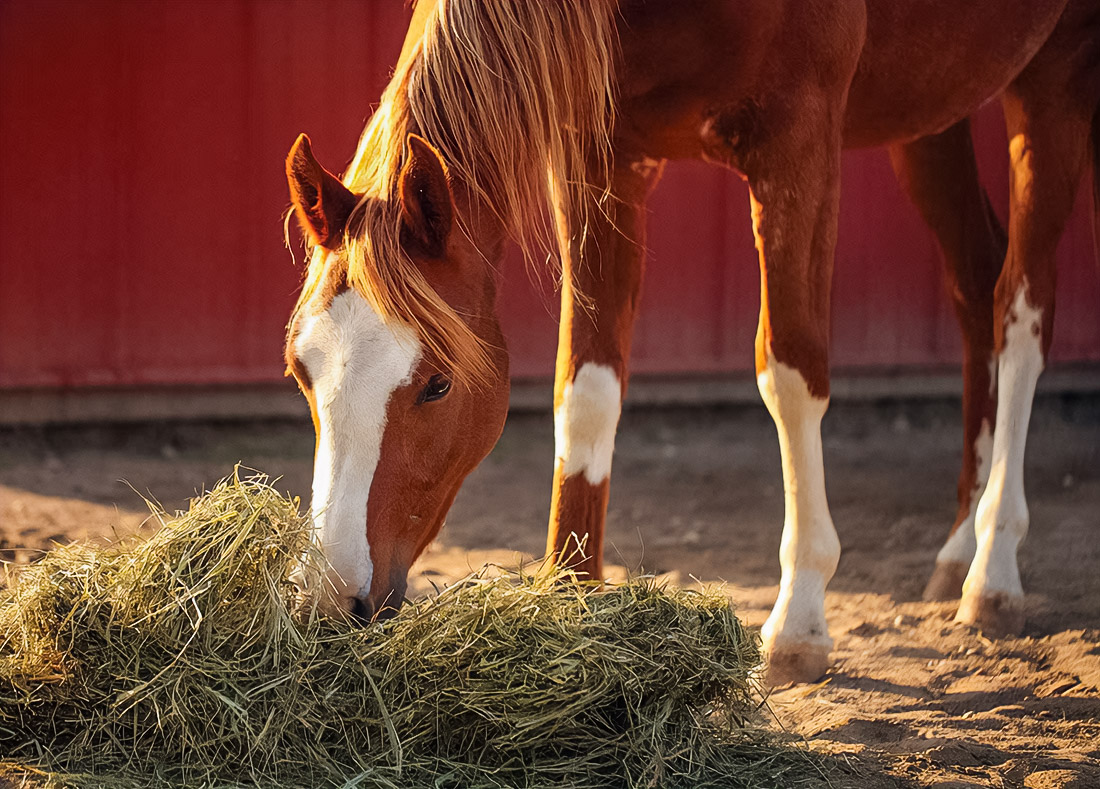
Compliance with norms requires constant monitoring and improvement. Here are several strategies for improvements:
- Strengthening of quality control: Check at every stage — from manufacturer to warehouse.
- Awareness of importers: Regular holding of seminars and conferences for the training of new and existing market participants.
- Technological innovations: Introduction of systems of tracking and monitoring of products for instant identification of problems.
- International cooperation: Exchange of experience with ISO and FAO for implementation of best world practices and standards.

I have acted as a financial expert on the Today Show and Good Morning, America. I like to give reasonable advice on budgeting to people with any income level. I currently live in Portland, Oregon, and am available for freelance assignments and speaking engagements.
